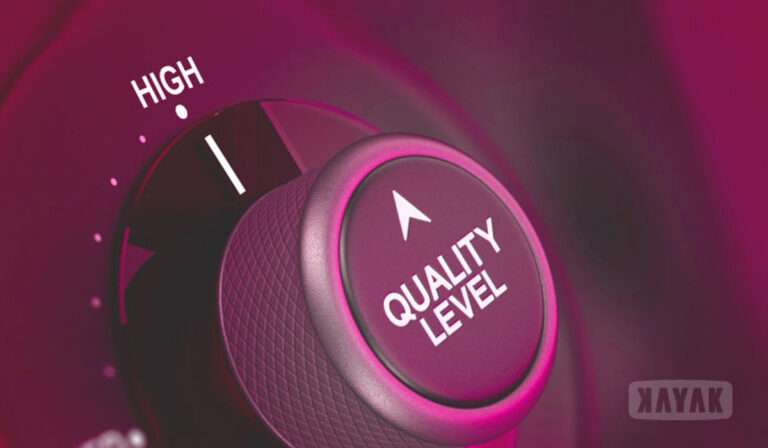Big Fish or Big Pond? Search Localization Changes Everything
If you’ve been reading the Kayak blog with any regularity, you probably already know that Google has been making an effort to match buyers with businesses in their own geographic area. This is partly out of consumer preference – who doesn’t like buying local? – and partly as a result of mobile integration, which leads searchers to look for products and services while they are “on the go.”
However, there is a downside to this type of algorithm shift. And, these drawbacks can have big consequences for marketers and consumers alike.
Throughout North America, lots of small and mid-sized marketers are watching their niche dominance on search disappear simply because they don’t have a network of bricks and mortar local offices or they aren’t massive enough to escape the gravity of local search. The reality of owning local search is that you’re playing in a much smaller pond and that’s equal to having hundreds or thousands of potential opportunities disappear overnight.
At Kayak, we are keenly aware of these challenges because we are living through them firsthand. Whereas we have enjoyed rankings at the very top of search positions for terms like “online marketing firm” (test it) throughout North America for years, more recently we’ve seen our search visibility drop off noticeably outside of Canada.
Sure that’s less than ideal for us but it’s also less than ideal for searchers if it means they’re not being matched with their best solution regardless of location…because the reality for many businesses is that location doesn’t in fact matter at all.
Historically, clients have come to us from both coasts, and across several borders, because we give them something many of our peers don’t. Without a Kayak option, potential clients are undoubtedly turning to more “traditional” local web design and search engine optimization partners, simply because that’s who Google shows them nearby.
Short-Term Solutions to the Localization Challenge
If your business is being adversely affected by localization, what can you do?
- The most obvious answer is to expand (or get to work on) your social media marketing efforts and pay-per-click advertising campaigns. Although you won’t be able to completely replace lost quality traffic, you can at least improve your presence in major markets outside of localized search.
- You can start to rely more heavily on social media and local review sites. (Although this might just further bolster your localization and not actually help you get back into that big pond you’re looking for.)
- You could add new pages to your website that highlight some of the other geographic areas you work in. Although it’s difficult to say how effective this would be without other location indicators (like physical addresses and phone numbers and of course the related NAP citation distribution) to support the content on these pages.
- For now, looking into creating more highly-targeted ads might be a smart first move. But running bigger PPC campaigns can be a big decision. After all, AdWords and other PPC platforms are getting more competitive and costly at the time, and it’s possible this shift towards localization will drive more marketers to enter the market (and drive up bid prices even further).
What Localization Means Going Forward
In the past, we have seen some of Google’s algorithm shifts be introduced only to be adjusted later. Our hope and prediction is that this will happen again. Given time, and user feedback, the localization algorithm will be adjusted to make it less extreme. In a few months, we may see things settle down – at least to a “new normal” – where searches for storefronts (retail or physical services) yield local results but more intellectual services (like online marketing agencies) and other specialist businesses have a broader range.
Regardless of when and how that happens, though, it’s becoming clear that marketers will have to work harder than ever to get noticed by buyers who are farther away from home.
Maybe the Top of Search isn’t the Promised Land After All
Subscribe or check next week’s post to find out more about why winning the top spot in search isn’t all it’s cracked up to be.







